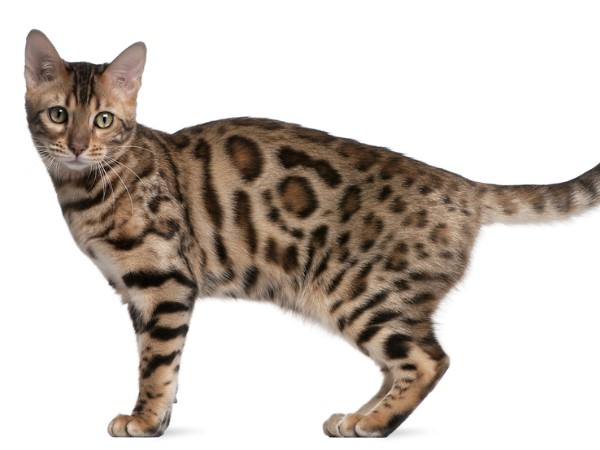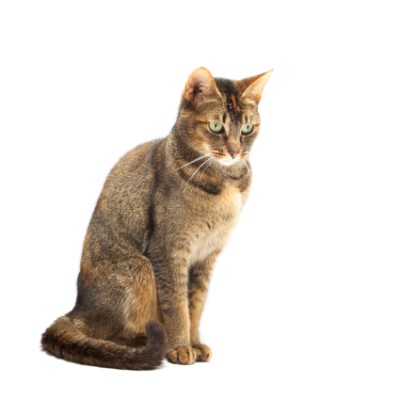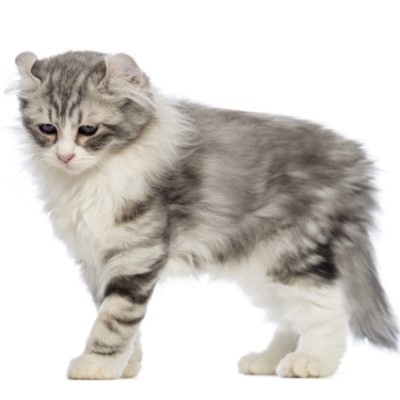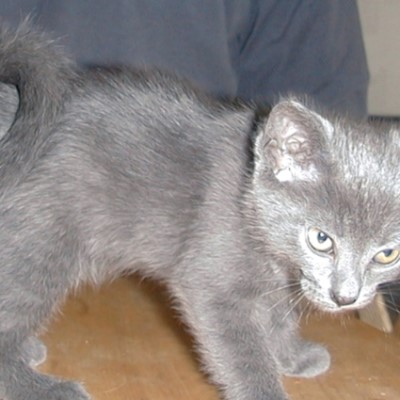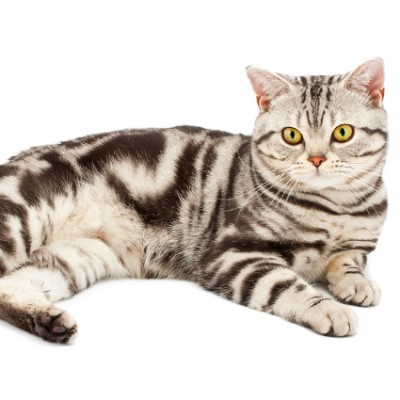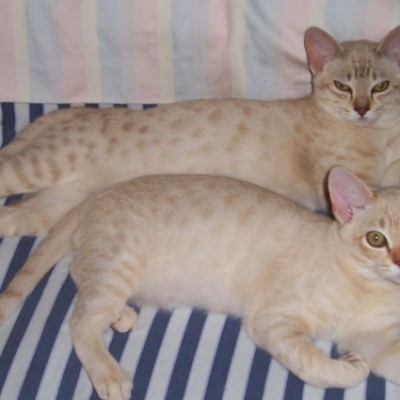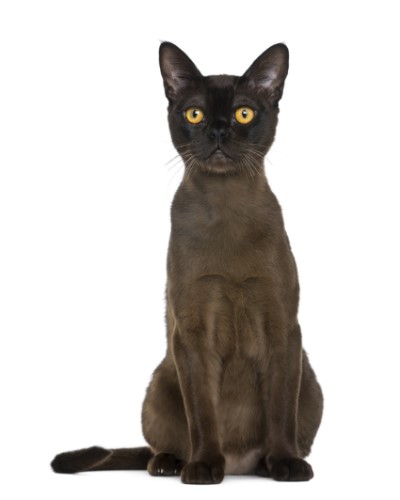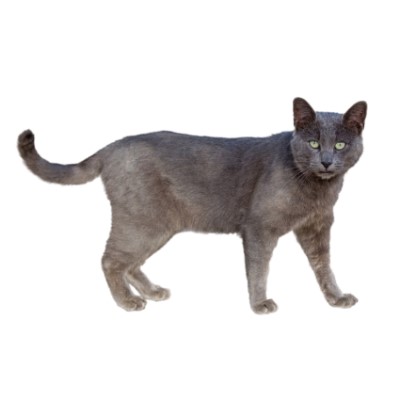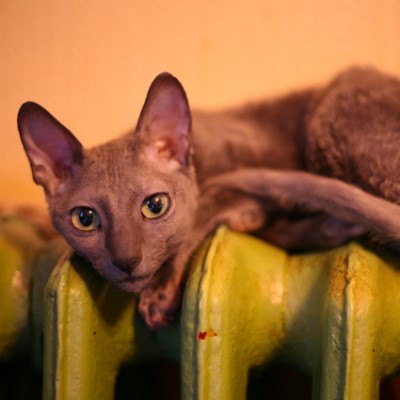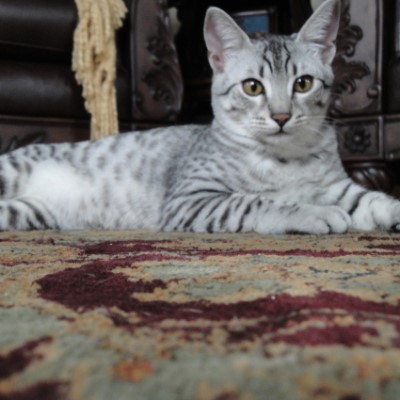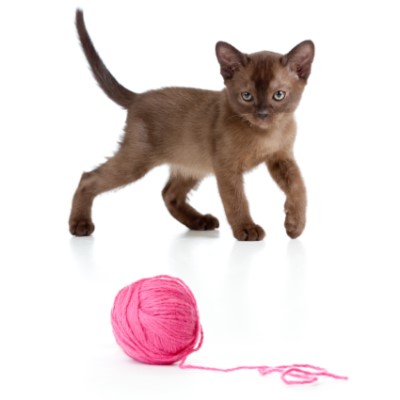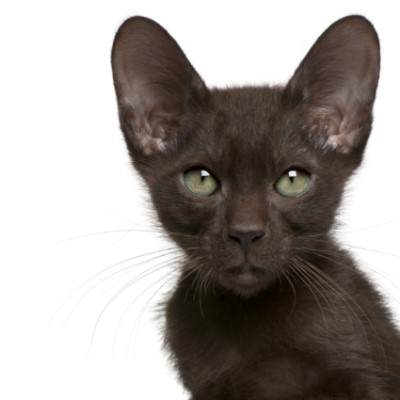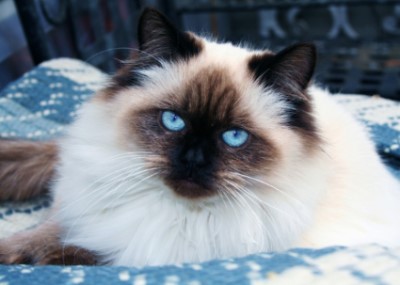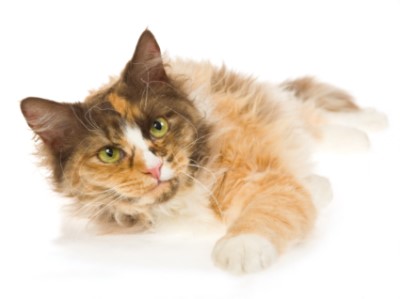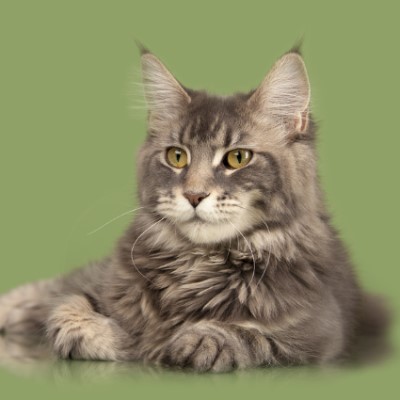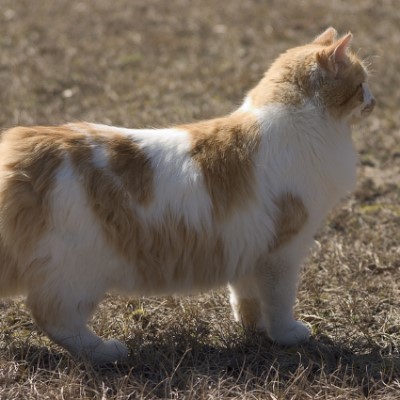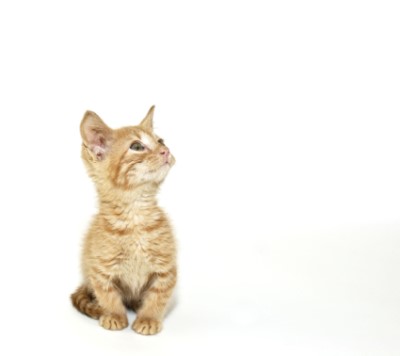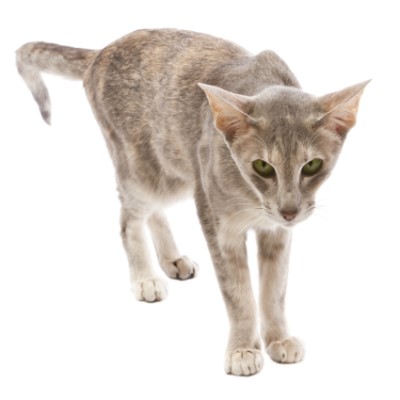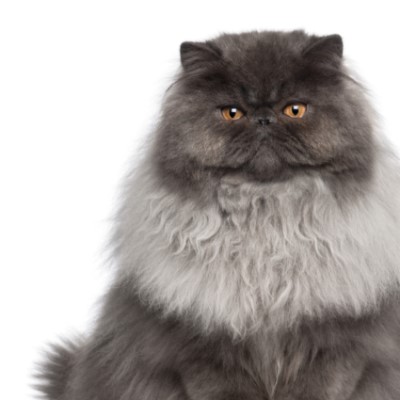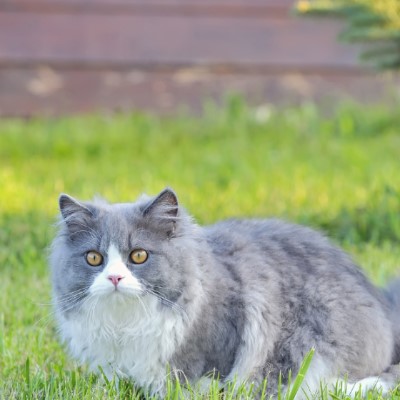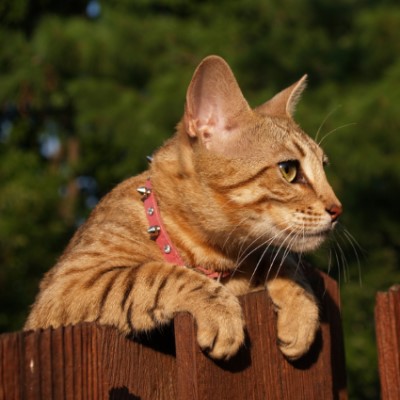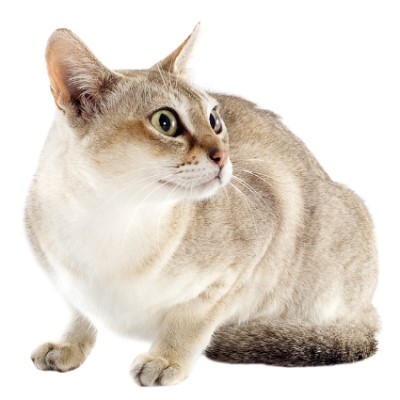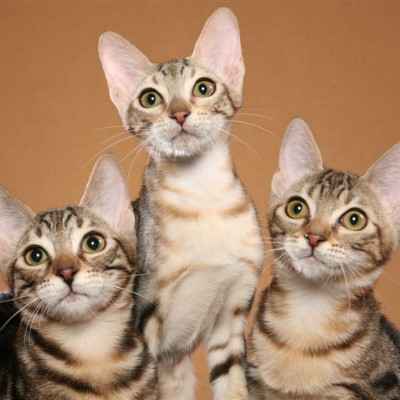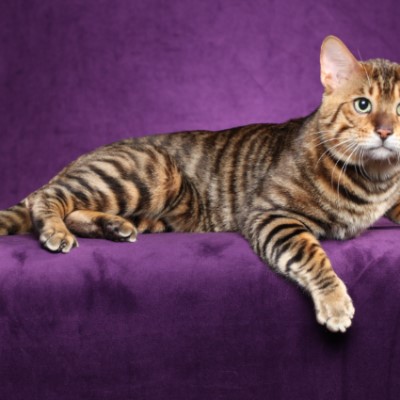Common Reasons for Surrender
The downturn in the economy continues to be the main reason Bengal cats are surrendered to shelters and rescues. Sometimes a family loses their home and has to downsize to a new home that is not pet-friendly. Others simply can no longer afford to pay for food and veterinary care for their Bengal.
Pros
A playful and inquisitive breed, Bengal cats typically do well with children if they are socialized with children as kittens and continue with socialization into adulthood. Bengals love to spend time with their humans. They express how they feel vocally and are one of the more active cat breeds. While some people with allergies have problems with Bengals, others do fine with the Bengal compared to other breeds.
Cons
Most of the Bengals in rescue are adults, which means a kitten must be purchased from a breeder. Some Bengals are also prone to problems such as hip dysplasia and Hypertrophic Cardiomyopathy (HCM).
Diet
Bengal cats require a high quality diet, preferably that does not contain grains. Like humans, each cat has his own food preferences, so find what your cat prefers. Cats typically love treats, which should always be given sparingly. Freeze-dried chicken breast and grain-free kibble pieces are both good options for treats. Your cat may also enjoy Temptations or other cat treats you can purchase at the pet store.
Exercise
Exercise time is also an ideal bonding time. Bengal cats need a minimum of two 15-minute play times each day to expend their energy. Play should be interactive: You throw a ball and your cat brings it back to you, for example.
Possible Health Issues
An overall healthy breed, Bengal cats may be susceptible to Hypertrophic Cardiomyopathy (HCM), hip and knee dysplasia, and eye problems.
Litter
A happy Bengal cat is a cat with a clean litter box. Be sure your cat’s litter box is cleaned and she has access to a litter box in several rooms, if possible. Most cats have a preference for the type of litter they use. Your Bengal may let you know if she’s not happy with the litter by not using the box. Consider using a digestible litter. Some cats may consume litter, which can lead to painful gastric problems.
Grooming
Bengal cats require minimal grooming. Brush your Bengal once a week and trim his nails twice a month or as necessary.
Training
Most Bengal cats learn very quickly because they are so intelligent. Clicker training often proves successful when trying to train a cat to sit, to come, or to stay on command. Some cats can also be trained to go for walks on a leash.
Entertainment
Most Bengal cats love to play with their humans and with other cats. A good game of fetch is a great bonding experience. Your cat may also appreciate trying to figure out a dog puzzle and playing with toys that are attached to poles. If you really want to make your cat happy, give her a toy filled with catnip.
We want to thank Great Lakes Bengal Rescue for help with this profile.
